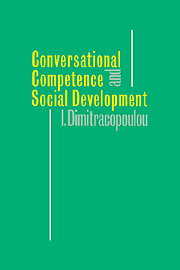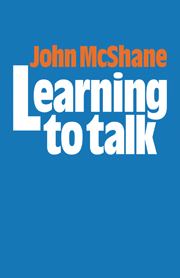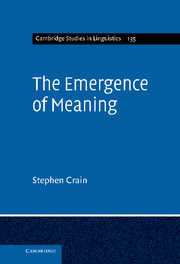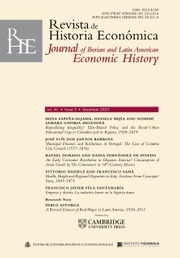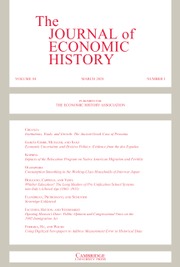Language Development from Two to Three
The chapters in this volume were originally separate research reports from longitudinal study of a group of four children. As a collection, the reports present a developmental story of language acquisition in the third year of life – a time of great achievement as children acquire a basic knowledge of semantics, syntax, and discourse. The early chapters show the children learning to form simple sentences; later chapters show them beginning to acquire the structures of complex sentences. Several conceptual themes in current language acquisition research and theory were first articulated in the studies reproduced here: the centrality of verbs for learning syntax; the role of meaning in acquisition; the importance of context; the relationship of language learning to other aspects of cognitive development; and individual differences among children learning the same language. These themes are discussed in an introductory chapter that unifies the studies and places the reports in the context of current research and theory in child language.
Reviews & endorsements
'This volume makes evident the remarkable scope of Bloom's contributions to developmental psycholinguists. Here we see a systematic mind scanning the acquisition of linguistic knowledge from diverse perspectives. The work is impressive and cohesive.' Elinor Ochs
'Together, [these studies] represent the formidable body of research that is necessary reading for any serious student in the field.' David Ingram, First Language Acquisitio
Product details
October 1993Paperback
9780521435833
528 pages
230 × 152 × 35 mm
0.783kg
46 b/w illus. 75 tables
Unavailable - out of print
Table of Contents
- Part I. Acquisition of Simple Sentences:
- 1. Syntactic, lexical, and discourse covariation
- 2. Sentence negation
- 3. Verb inflections and tense
- 4. Aspect
- 5. Wh-questions
- Part II: Acquisition of Complex Sentences:
- 6. Syntactic connectives and clausal meaning relations
- 7. Structures and functions of expression of causality
- 8. Meaning of expressions of causality
- 9. Infinitive constructions
- 10. Complentation
- Part III: Studies of Process:
- 11. Imitation
- 12. Discourse.


